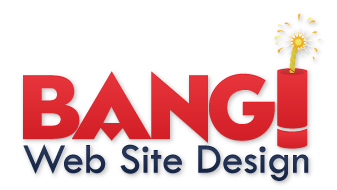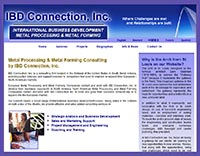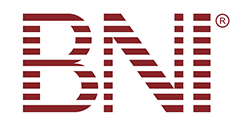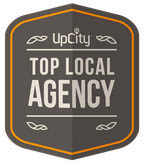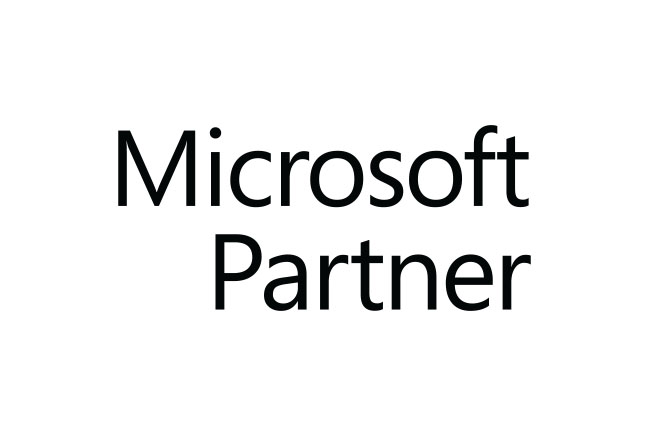Search Engine Marketing
Pay-per-click advertising is a popular solution to quickly increase Web site traffic. Basically you're paying the search engines (Google, bing!/Yahoo being the two most popular) to display ads when someone searches on a keyword phrase relevant to your Website that you have purchased. If the searcher clicks your ad you are charged a fee. The actual cost of the click varies greatly, from lows of 10 cents to over $10 for some keyword phrases. Precisely targeted, longer keyword phrases (sometimes called long tail) generally cost less and are more likely to convert into actual sales when they're clicked. For example, lengthening the keyword phrase "Search Engine Marketing" to "Search Engine Marketing Company in South Bend Indiana" delivers far greater response. Why do they cost less? Because there's less competition for the phrase and, quite simply, most people are too lazy to research and enter long tail search terms. Higher conversion rates result from closer matches between what searchers are looking for and your matching keyword phrases.
Of course your Web site needs to actually have what someone is looking for once the ad is clicked. If your ad says "Search Engine Marketing Company in South Bend Indiana", make sure you deliver what you've "promised" in the ad. Ads should link directly to the most appropriate page on your site or to a specific landing page built especially for this purpose. Rarely would you link directly to the homepage of your site. This is frequently overlooked and creates yet one more step visitors must take to get what they wanted and may actually result in them giving up, hitting their back button and trying the next site. Best bet? Build landing pages specifically for the ads. You know why a site visitor is coming to the page so build it to "sell" the visitor.
To maximize your return on investment...
- Don’t pay more for the click than you'll make on a sale. For instance, don’t pay $2 for a click if it takes you 10 clicks to make a $10 sale (you’ll never make that up in volume!).
- Don’t attract clicks that won’t sell. Many products or services have keyword phrases that overlap into other industries or have multiple meanings. An extreme example: If you’re selling “Indian Spears” make sure you’re not purchasing the keyword phrase “Spears” and paying the mega bucks it will cost you to get clicks for “Britney Spears”. Obvious, but not to some until they have been burned big time.
- Convert as many clicks as possible to customers. I know this seems obvious, but here's a few things to put into place. Make sure the landing page (the page that displays when they click on the ad) speaks directly to them and gives the best sales pitch it can. After all, you know why they are there, you bought the traffic. For most marketers this means talking benefits on the page instead of features. Features can go on another page with bullet points for visitors who are seeking that type of information.
Don't be afraid to experiment. Search engine marketing is as much art as science, but you can steer it towards science if you test and research what's working. Use multiple ads with different copy to see what combination of words gets clicked the most. Then be sure to test which keyword phrase SELLS the most... they aren't always the same. Test different landing pages, which approach converts more? Is it the page with the long copy of 600 words? Or is it the video brochure? Make sure every landing page has a clear call to action leading the prospect to a "Buy Now" or "Contact Us" page.
Don't want to pay for your traffic? Then you need Search Engine Optimization instead.
When your ready for measurable results... guaranteed, Contact Us or call 574-245-9576 or toll free 1-800-801-9576.
Still have questions? Want to learn more? Click on a link below...
BANG! Web site design serves clients across the nation from four locations and provides Web site design services to companies large and small.
